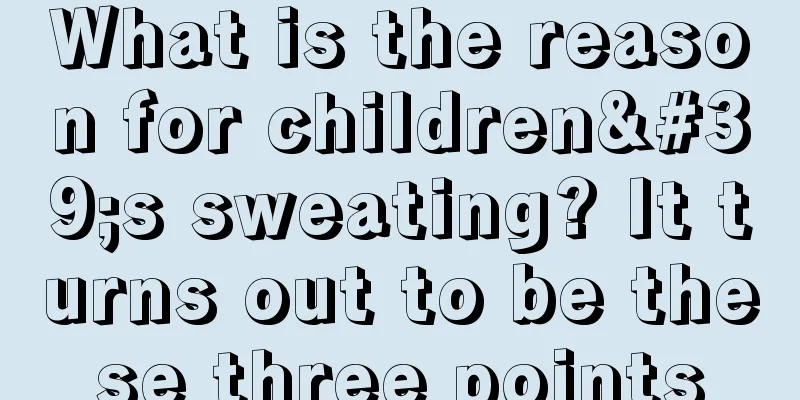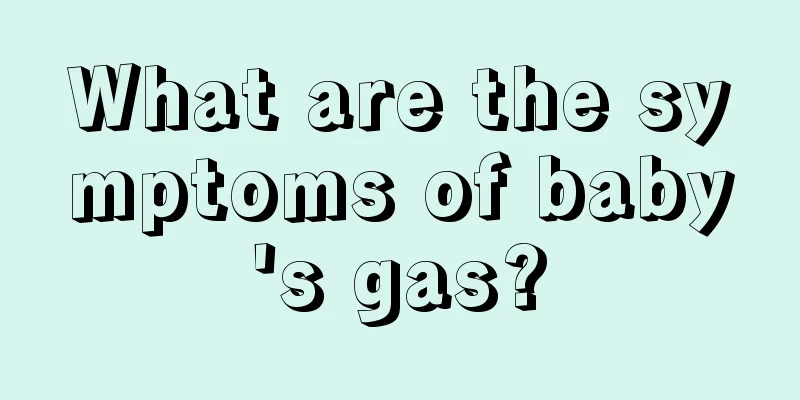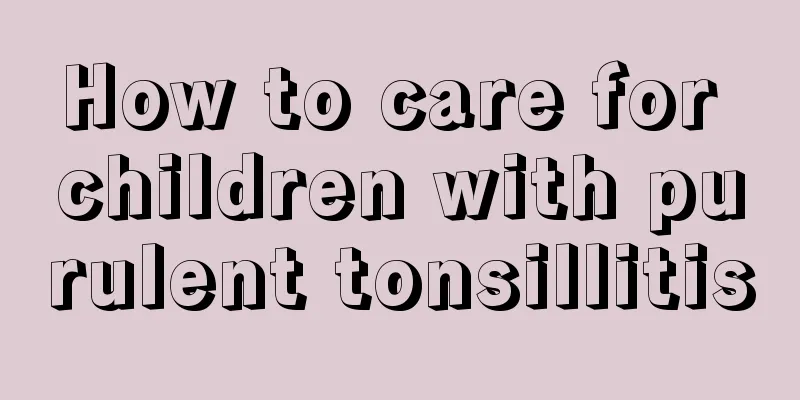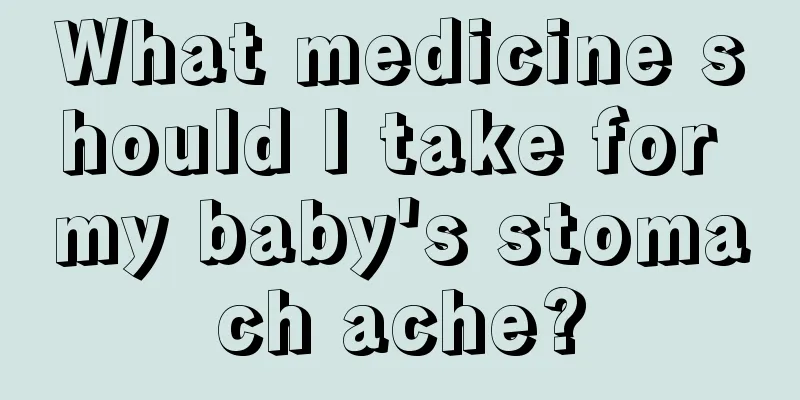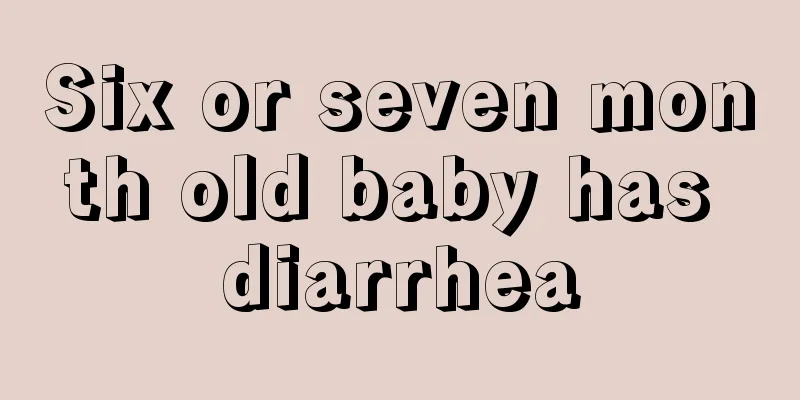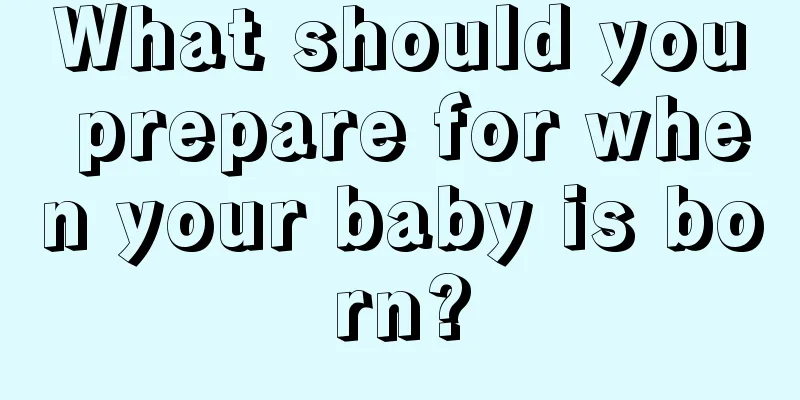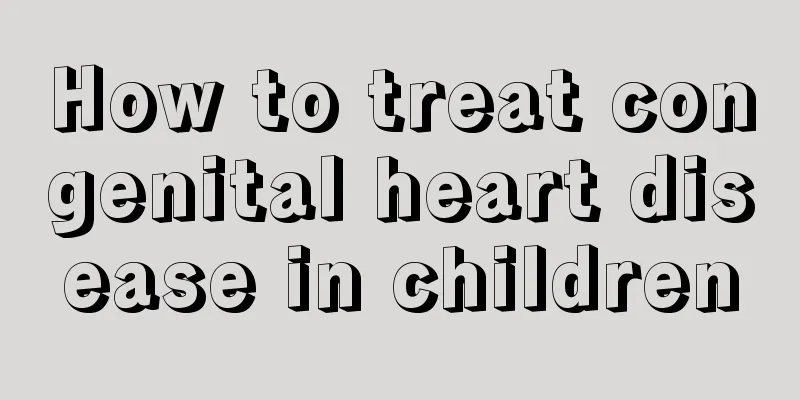Seven situations in which parents should not kiss their babies
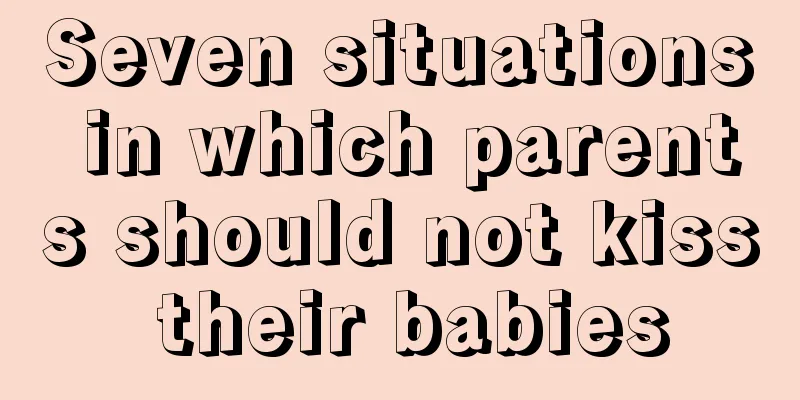
|
NO.1—Blisters appear If a mother develops rice-sized blisters on her face, corners of her lips, eyes, hands and feet, with several or dozens of them connected together, and accompanied by fever or local lymph node enlargement, she should be alert to whether she is infected with the "herpes simplex virus", because the above symptoms are typical manifestations of local viral infection of the "herpes simplex virus". "Herpes simplex virus" can be transmitted through kissing and other means. It is not very harmful to adults, but it can be fatal to infants. It is a common viral infection in children, with a high incidence age of 1 to 4 years old, and the peak incidence in the second year after birth. Protective measures: Mothers who have symptoms of "herpes simplex virus" such as herpetic stomatitis should try to avoid contact with their babies before they recover, and should never kiss their babies. NO.2—Heavy makeup and light makeup Mothers who love beauty can't avoid wearing heavy makeup. Many cosmetics contain lead, mercury or other chemicals. If the mother kisses the baby without removing makeup, or lets the baby kiss the mother, these harmful substances will enter the baby's body and may cause contact dermatitis, chronic lead poisoning and other diseases. There have been reports in the United States of babies suffering from lead poisoning after accidentally licking the powder on their mothers' faces when they were face to face with their mothers. Protective measures: Mothers should try to reduce heavy makeup and remove lip makeup thoroughly before kissing their baby. NO.3—Colds and Flu It is not only the obvious cold symptoms such as nasal congestion, runny nose, sneezing, and fever that should make mothers alert. Because babies have weak resistance and poor immunity, they may be infected by the cold virus if they are not careful, and even develop bronchitis, pneumonia, otitis media, or encephalitis, myocarditis, etc. Therefore, mothers should pay great attention to the cold virus. Even if they only have mild cold symptoms, such as a mild headache or sore throat, they should avoid intimate behaviors such as kissing each other. Protective measures: It is best for mothers with cold symptoms to wear masks when they come into contact with their babies. NO.4—Oral Disease Kissing is direct lip contact. If the mother herself has oral diseases, such as gingivitis, pulpitis, caries, etc., there will be a large number of pathogenic bacteria in the mouth. By kissing the baby, these bacteria will enter the baby's mouth and cause oral diseases or other complications. Protective measures: Mother should not kiss the baby until the oral disease is healed. NO.5—Rash Once a mother finds a rash with spots on her body, she should be alert to whether it is an outbreak of measles. Because many young mothers did not have measles when they were children, they are a high-risk group for measles. Measles patients are the only source of infection for this disease. The virus exists in secretions of the conjunctiva, nose, mouth, pharynx and trachea, and can be transmitted through oral droplets. Children are susceptible to measles, especially those aged 1-5 years old. The disease can be easily transmitted through kissing between mother and child. Protective measures: Once the mother is suspected of having the disease, the mother and baby should be separated immediately and actively treated. NO.6—Diarrhea Although diarrhea is an intestinal infectious disease, the pathogenic bacteria enter the intestines through the mouth, so the mouth of the carrier is also a source of infection. When a mother kisses her baby or uses her tongue to taste the temperature of food before feeding her baby, it may increase the baby's chance of getting dysentery. Protective measures: If the mother has had stomach problems recently, she should try to avoid kissing the baby. NO.7—Carrying infectious hepatitis virus If the mother is a hepatitis patient or a carrier of the hepatitis virus, it is not safe to kiss the baby. Hepatitis A is mainly transmitted through the fecal-oral route and close contact in daily life, while hepatitis B is transmitted through injection, blood transfusion or blood products, close contact, mother-to-child transmission, etc. Breast milk, saliva, and tears are all unsafe factors. Protective measures: If a mother who is a carrier of the hepatitis virus is found to be contagious to a certain extent through testing, she should take other measures to protect her baby. Finally, it is important to remind you that there are many ways to convey maternal love. In addition to kissing, eye contact, language, expressions, hugs, etc. are all good ways of parent-child communication. It is positive and prudent to express love while ensuring health and safety. |
<<: Four tips to distinguish colds and pneumonia in children
>>: How to make baby milk powder
Recommend
How to remove birthmarks
Many newborn babies may be found to have birthmar...
The recovery process of phimosis in children
Generally speaking, children with phimosis need t...
Can babies eat pine nuts? What Parenting Experts Say
Pine nuts are rich in niacin, which can promote t...
At what months can babies crawl?
Many mothers observe their children's various...
Children's daily schedule
Children are in the growth stage, and their sched...
How old can babies take cod liver oil?
Nowadays, many young parents are paying more and ...
Are plastic straw cups for children harmful?
Recently, the State Food and Safety Administratio...
How to treat ascites in children
Pleural effusion is a very serious disease. This ...
Children have thick yellow tongue coating and cough
There are many reasons why children have yellow t...
What should I do if my two and a half year old baby has athlete’s foot?
A person will develop many diseases as he grows u...
What should primary school students eat to nourish their brains?
Children are in a critical period of growth and d...
What to do if your child cries and won't sleep
In the process of raising children, you will enco...
Child sweating while sleeping
Generally, when children are sleeping, parents wi...
What are the symptoms of acute pharyngitis in babies?
Acute pharyngitis is a relatively common disease....
What kind of pillow is good for children?
Every child is growing every day. For children in...

